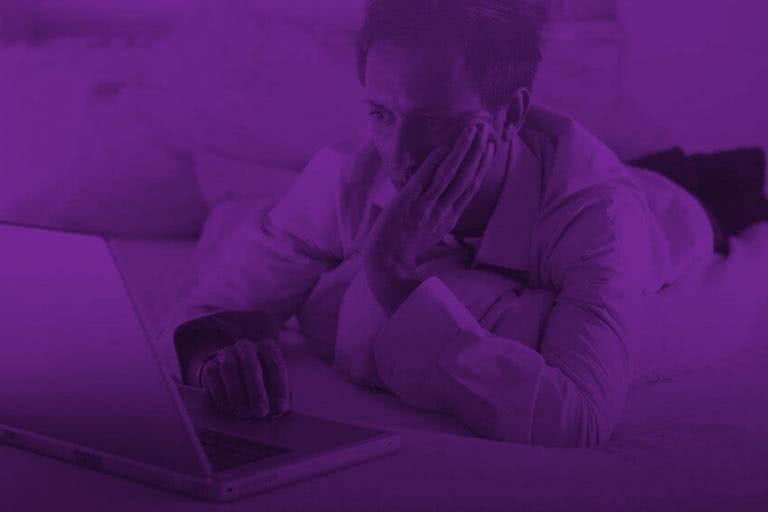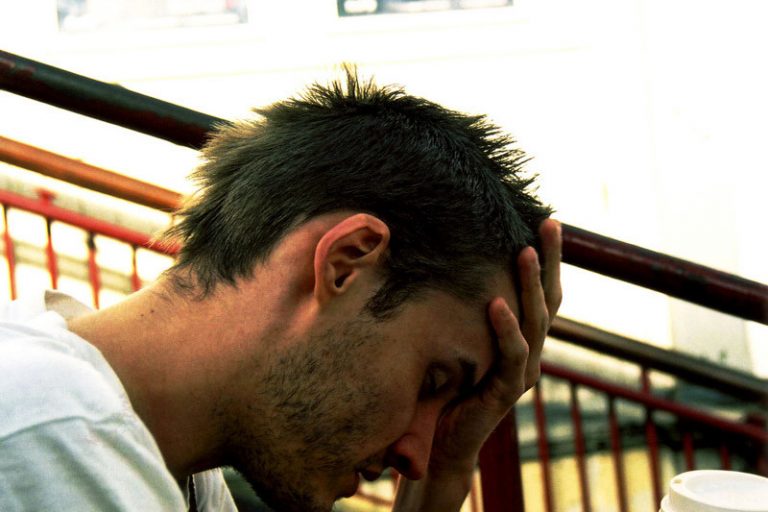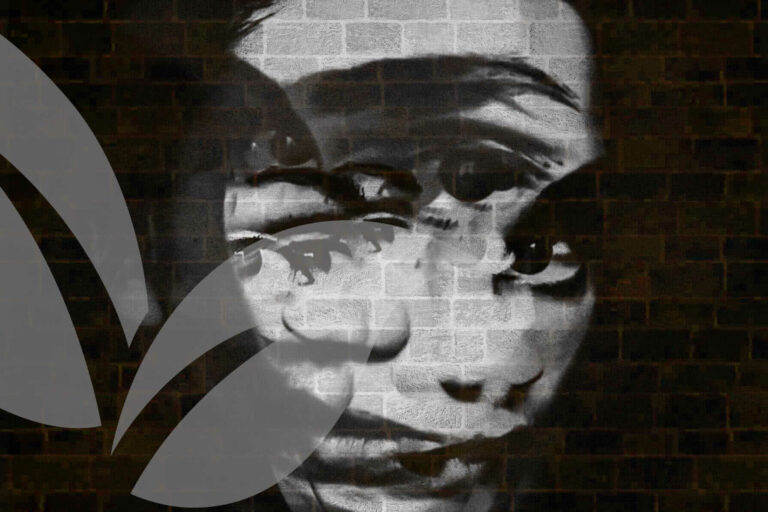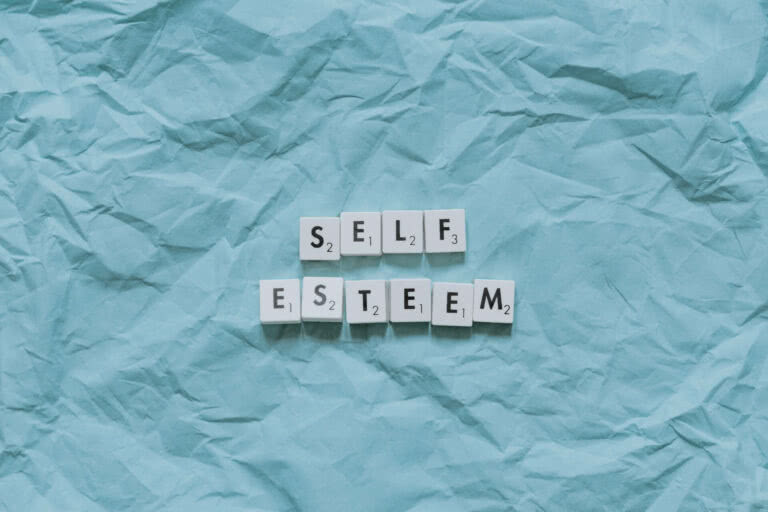So the psychological effects of lockdown in South Africa are not limited to people that are addicted to substances, it runs far deeper than that.
In many respects, even “normal relationships” function inside of assumed boundaries that include a wide range of seemingly harmless coping mechanisms. The status quo swings off balance when these “self-soothing” rituals and “normal” coping mechanisms can be directly impacted by South Africa’s militant lockdown legislation.
The removal of agency, autonomy, freedom, feeling trapped are common fears but the removal of those more “societal approved addictions” or coping mechanisms like walking the dog, going to work, going to the gym, shopping, seeing friends, sex then lockdown takes on an entirely new form.
- We all “need” our own “addictive behaviours” to soothe sooner or later.
- Addiction is an inherent trait of being a human with emotions.
- Addiction serves the function of allowing us to escape an uncomfortable reality.
Welcome to Back To Stockholm
In a recent article that columnist Mandy Wiener wrote about the lockdown in South Africa associating it to the Stockholm Syndrome. In many ways when hostages or abuse victims (the South African public) bond with their captors or abusers (the Government) by openly supporting the abuser’s cause (lockdown).
Mandy points to a very interesting anomaly in that of the Stockholm Syndrome being a trauma-based response.
A kind of freeze response that I have explained here in more depth. To understand why this is relevant now we have to outline how the emotional bonds may be formed, between captors and captives, during intimate time together (lockdown).
In the Stockholm bank robbery, the hostages defended their captors after being released and refused to testify in court against them. WHY?
These trauma responses are so deeply seated in psychology that even after the threat has gone, many people still hang on to the trauma memory and even defend it. In the lockdown context, this defence with people, reporting neighbours to the police for walking their dogs or not wearing a facemask in public, going surfing etc.
Suddenly ordinary citizens not only supporting their captors but also becoming prison wardens in captivity.
Ferocious defences of the presidents’ actions, without considering the possibility that many of the same objectives could be met without the absolute militant disruption of South African rights.
MORE Stats And Lies
Domestic violence, divorce, murder, rape, and addiction, COVID-19 statistics are the line items by which the success or failures can be benchmarked, or can they?. Statistics do not depict the generational stories of emotional trauma, something that we as South Africans have personally experienced and understand full well.
We know that Governments across the world have historically acted in ignorance when it comes to “dealing with addiction” with a heavy hand, the ever-present and raging “war on drugs” has done little to solve the actual problem?
If history is any indicator, we know from all evidence to date that “the tougher we get” on substances, the more trauma we create in society and the less likely we are to understand what is really going on and to actually provide support to those creating the demand. For as we know, the demand fuels the supply and the cycle of trauma.
Perhaps (I hope) that COVID-19 will be a unique circumstance and an invaluable success story in helping people and our Governments to better understand the role of substances in society.
South Africa’s “war on drugs” is lost, long before it started. Even if we wanted a meaningful truce the first place to look would be to deal with the personal trauma, (which does not neatly fit into the statistics spreadsheets). The deeper conversation around South Africa’s running tab on past trauma is way overdue and needs to be had sooner rather than later.
So What Happens When You “Detox” an Entire Nation From Alcohol and Nicotine?
By default, people look at the substance when finding “problems” or dealing with “problems”. Our brain mechanics work in very linear ordered sequences of cause and effect. We apply most of our attention to solving the most obvious problem, with the most obvious solution first then deal with the fallouts of that decision thereafter.
These fallouts are what we call second-order and third-order events. Second and third-order events in many cases carry farther-reaching side effects and implications and this is especially true in dealing with addiction.
This is the case with COVID-19 and the decision to stop nicotine and alcohol sales.
Lockdown Home Detox From Alcohol.
Detoxing from alcohol is possibly one of the more problematic detoxes due to the risk of seizure. People that fit into the high-risk category would include anyone using alcohol, benzodiazepines, opiates on a relatively frequent basis. The preferred route for alcohol detox requires a professional assessment to gauge the best course of action for the individual.
The substances change chemical interactions in the brain and body depending on the timeframe of use/abuse.
When these substances are abruptly stopped the body reacts with a number of uncomfortable side effects known as “withdrawal”. As the body and the mind have grown accustomed to the re-intake of the substance both body and mind systems react in its absence.
This means that the person will experience a range of physical and emotional side effects.
Inside the first 6 to 12 hours of abstinence depression, anxiety, headaches, irritability, high fevers, nausea and vomiting are the most common side effects.
In the next 24 and 48 hours, the critical side effects include tremors, insomnia, rapid heartbeat, seizures, confusion, sweating, high blood pressure, delirium tremens, diarrhoea, hallucinations both visual and auditory.
48 to 72 hours after stopping drinking many of the critical symptoms start to dissipate but Post-Acute Withdrawal Syndrome, or PAWS symptoms may continue for weeks or months and include irritability and hostility, depression, anxiety, erratic mood swings, low energy and chronic fatigue, sleep disturbances/insomnia, foggy thinking, low libido and inexplicable pains.
Depending on the level of consumption and the overall states of wellbeing these symptoms may vary from person to person. Some symptoms like alcoholic neuropathy may continue for longer than other above day time frames, and others many may not appear at all it depends on many factors.
On the surface, these symptoms may seem unpleasant, yet wholly survivable events.
What the layman misses is that we are talking about individuals that are using substances for a specific reason as Reto explains here. These reasons amplify the risk factors of each symptom as rationality flies out the window. And this is where friends and family members find themselves so ill-equipped.
From the “helping person” perspective we know that in most cases the extent of the substance addiction is downplayed. So one needs to be prepared to deal with what is in-fact an escalating medical and psychological crisis. Home detox puts on families, relationships under incredible pressure which is why addiction treatment centres create “safe space” home environments, but that are equipped with nurses, doctors, support staff and a broad range of recovery protocols to ensure the safest transitions.
Detoxing from nicotine
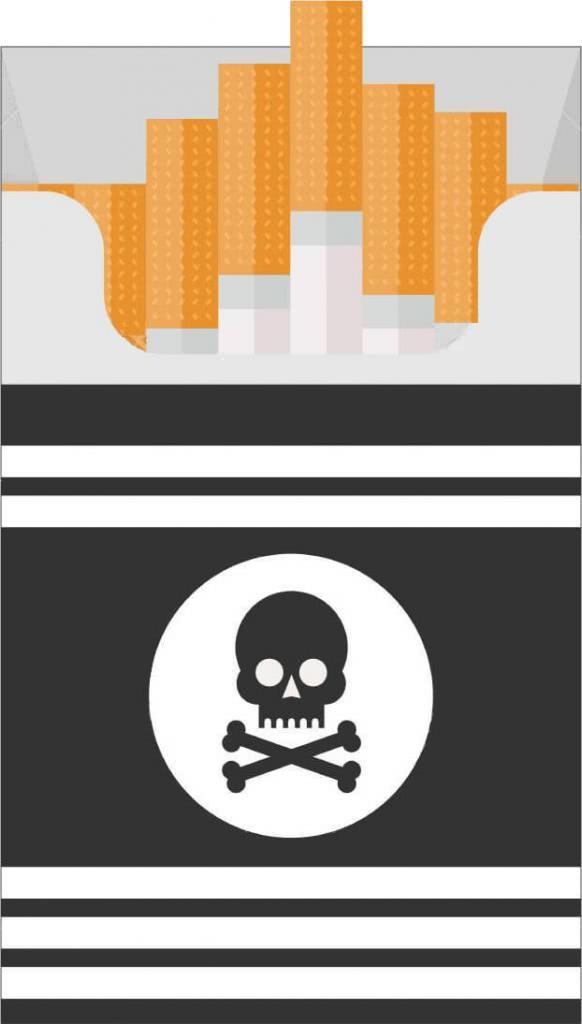 Nicotine is perhaps one of the archetypal icons of addiction based behaviours. This old dinosaur is still pervasive in 3rd world countries largely due to BIG American Tobacco companies deep understanding of how to covertly “market” to consumers by personally identifying with their cigarette brands.
Nicotine is perhaps one of the archetypal icons of addiction based behaviours. This old dinosaur is still pervasive in 3rd world countries largely due to BIG American Tobacco companies deep understanding of how to covertly “market” to consumers by personally identifying with their cigarette brands.
If one wanted a blueprint on a Governmental best practice to deal with nicotine addiction, simply look at how Australia simply forced Big Tobacco companies to remove all branding from their cigarette packs and place visually disturbing images on the packages instead. Almost overnight turned the tables on peoples “personal associations” to their “nicotine brands” and the Australian consumer of their own directive flatlined cigarette sales.
Here in the 3rd world governments are manhandled by Big Tobacco lawsuits right up until today to protect their market share. These companies produce “super tobaccos” that are genetically modified to produce higher doses of nicotine and they uniformly lie, cheat and bribe their way to defend the tobacco business.
The lies cheats and bribes are so prolific, that you almost cannot trust a single article on the internet. So many cases the facts have been distorted by the highest bidder or studies and evidence “paid for by big tobacco”.
Once consumers truly understand the nicotine magic tricks fail and maintaining the facade and the life sentence of nicotine addiction can be exposed and people stop smoking immediately of their own accord. I created a 100% free course to do just this and I know it works because I just did it myself.
Nicotine is a confidence trick
It is not as “addictive” as one would think, nobody ever died from nicotine withdrawal. The fascinating psychology behind nicotine is the Achilles heel which causes people to perpetually fall into and out of cycles of nicotine addiction. Most smokers actually don’t choose or want to smoke but support their habit by creating their “personal reasons” to smoke. Faced with a viable alternative solution that removes the craving most smokers stop smoking.
Conclusions
In a way, “lockdown” is a microcosm of exactly the circumstances that create many addiction based behaviours and relationship fallout scenarios. For the most part, the detox of millions of South African’s will provide insights into the personal complexities of substance use disorders. Hopefully, our government is taking notes and we can use it as a positive learning experience.
At the moment we see people on social media in the angst of alcohol and nicotine withdrawal or in the illegal trade of alcohol or producing alcohol themselves at a staggering scale given the recent publications on indicators like pineapple sales. The long term effects of lockdown remain to be seen across the South African population.



